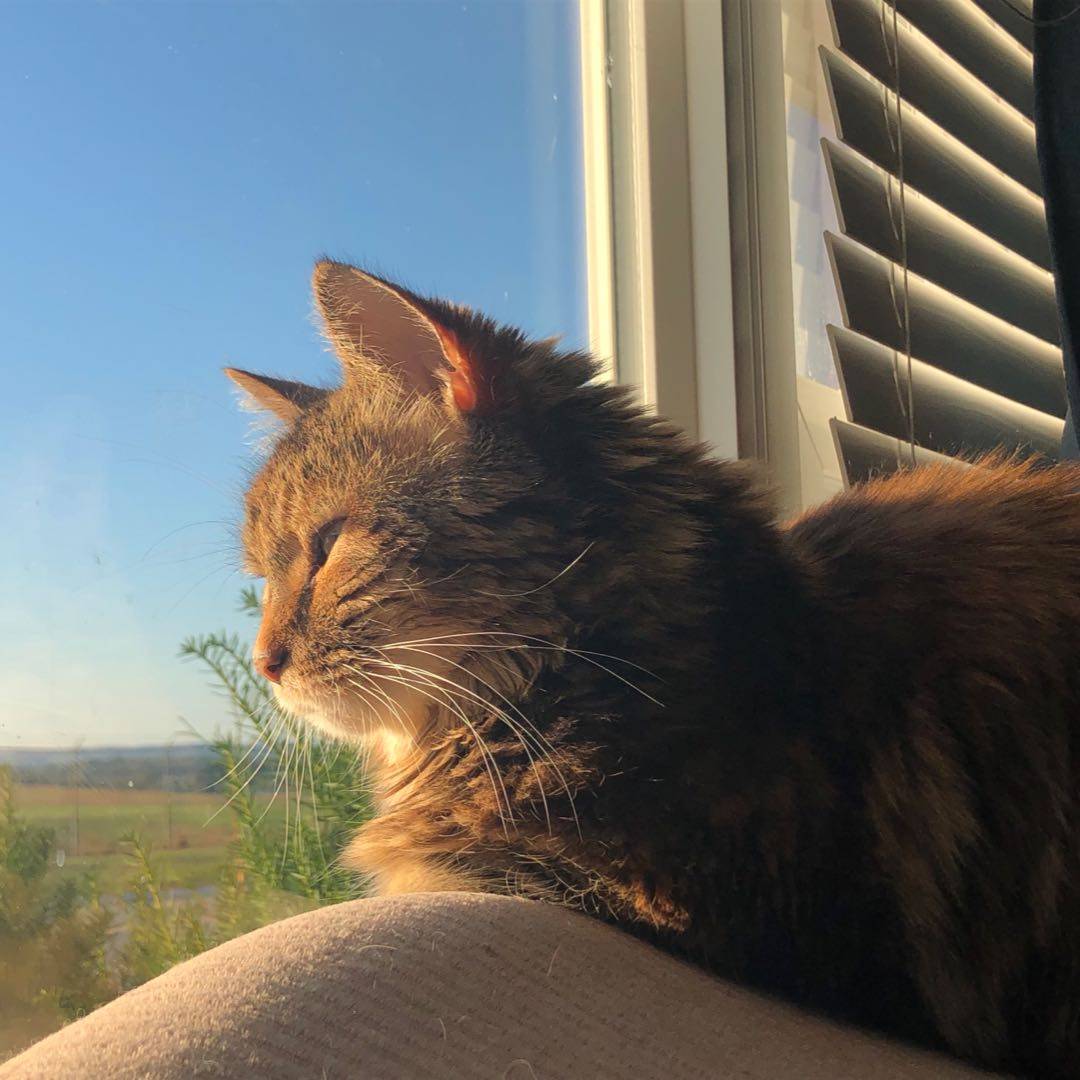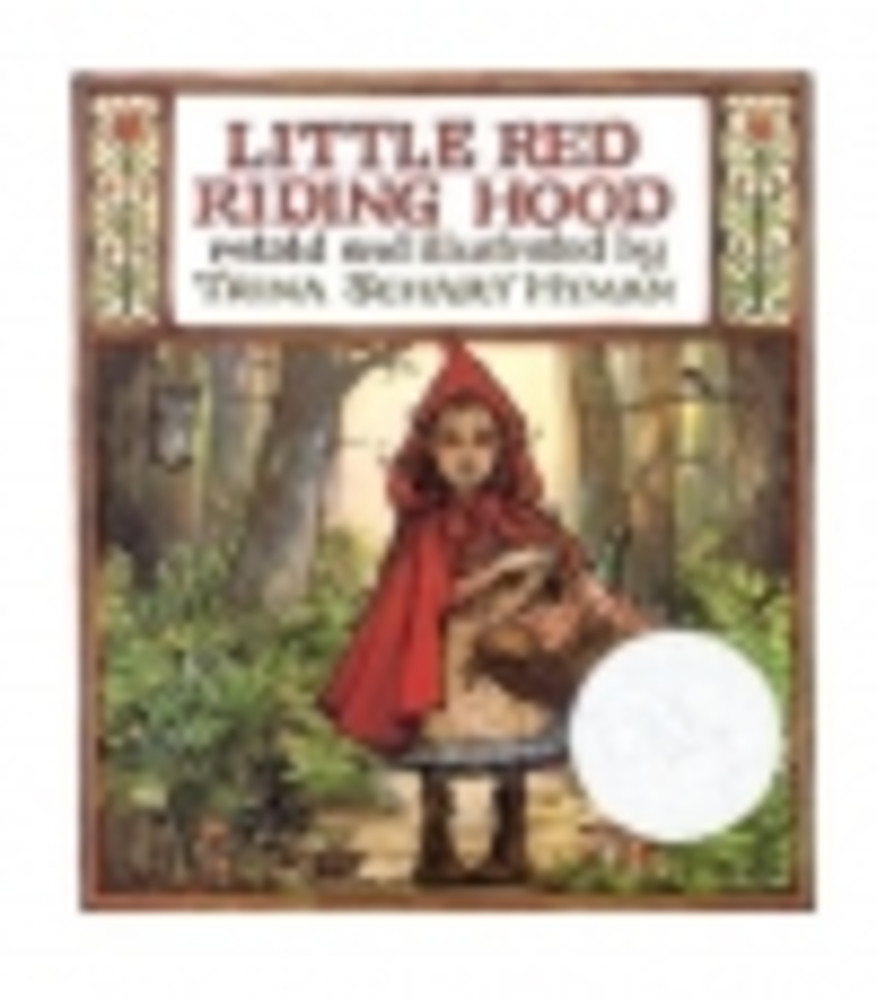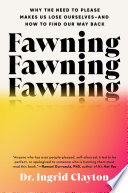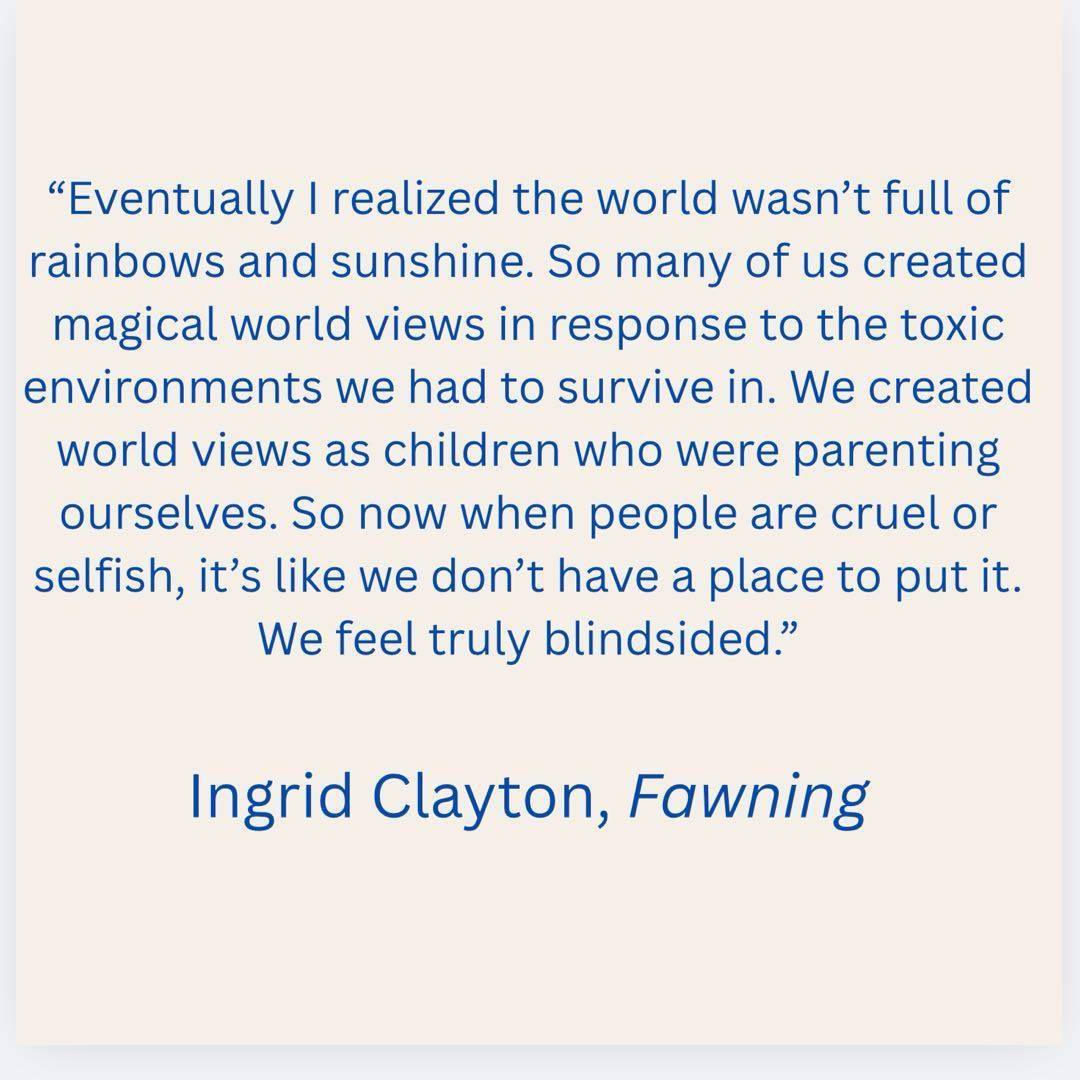
Just finished Ingrid Clayton‘s Fawning. I will be thinking about it for a long time. It was a life-changing read that I highly recommend to fellow fawners, especially those who grew up in authoritarian families, high control groups, etc.
Here is my cat Boots in her serene thinking pose. We hope you are having a lovely day ♥️
#CatsOfLitsy





















